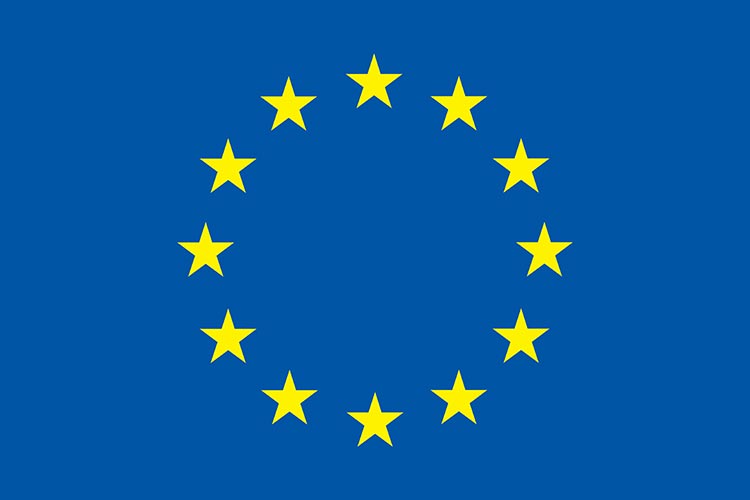Automated diagnostic platform, data management system and innovative communication tool, for improving the impact of malaria vector control interventions (DMC-MALVEC)
The project brings together fully automated molecular based diagnosis (using the LabDisk plaform) with innovative interactive ICT tools (the “Serious Game” software platform) and global disease data management database system in order to provide a complete solution to malaria vector (mosquito) control.
The project brings together fully automated molecular based diagnosis (using the LabDisk plaform) with innovative interactive ICT tools (the “Serious Game” software platform) and global disease data management database system in order to provide a complete solution to malaria vector (mosquito) control.
Despite the global efforts against malaria, this disease remains one of the main killers in developing countries, and mostly in Africa. As malaria is transmitted through vectors (mosquitoes), a big step towards its control can be done at early states, when the infection is still on the mosquitoes, thus allowing the authorities to take counter-measures before the infected vectors transmit to humans. To this goal, DMC-MALVEC aims at three directions: (i) Mosquito diagnostics using molecular-based assays integrated in a fully automated workflow in the LabDisk platform. This will enable the characterization of the infection status of mosquitoes and the degree of resistance to insecticides. (ii) Interface of the LabDisk with a Disease Data Management System (DDMS) for data storage, management and interpretation, acting as an alert and decision-support tool. (iii) An innovative, interactive software platform, the “Serious Game”, which allows the user-friendly landscape mapping in a comprehensive and interactive way with the user. The impact from this 3-way mosquito control is the optimization of the interventions to mosquito populations, and, subsequently, the significant reduction in malaria cases in humans.
- Fördernummer
- 688207
- Laufzeit
- 01.02.2016 bis 31.01.2020
- Kooperationspartner
- 1. Foundation for Research & Technology Hellas – FORTH (Greece), Coordinator, 2. Hahn-Schickard (Germany), 3. Liverpool School of Tropical Medicine (UK), 4. Jimma University (Ethiopia), 5. Ministry of Health, Zambia, 6. Organisation de coopération et de coordination pour la lutte contre les grandes endémies – OCEAC (Cameroon), 7. N.T. Laboratory srl (Italy), 8. Fast Track Diagnostics (Luxemburg), 9. Swiss TPH/Centre Suisse de Recherche Scientifique – CSRS (Cote d’ Ivoire), 10. Agricultural University of Athens (Greece)
- Reifegrad
-
Prototyp



